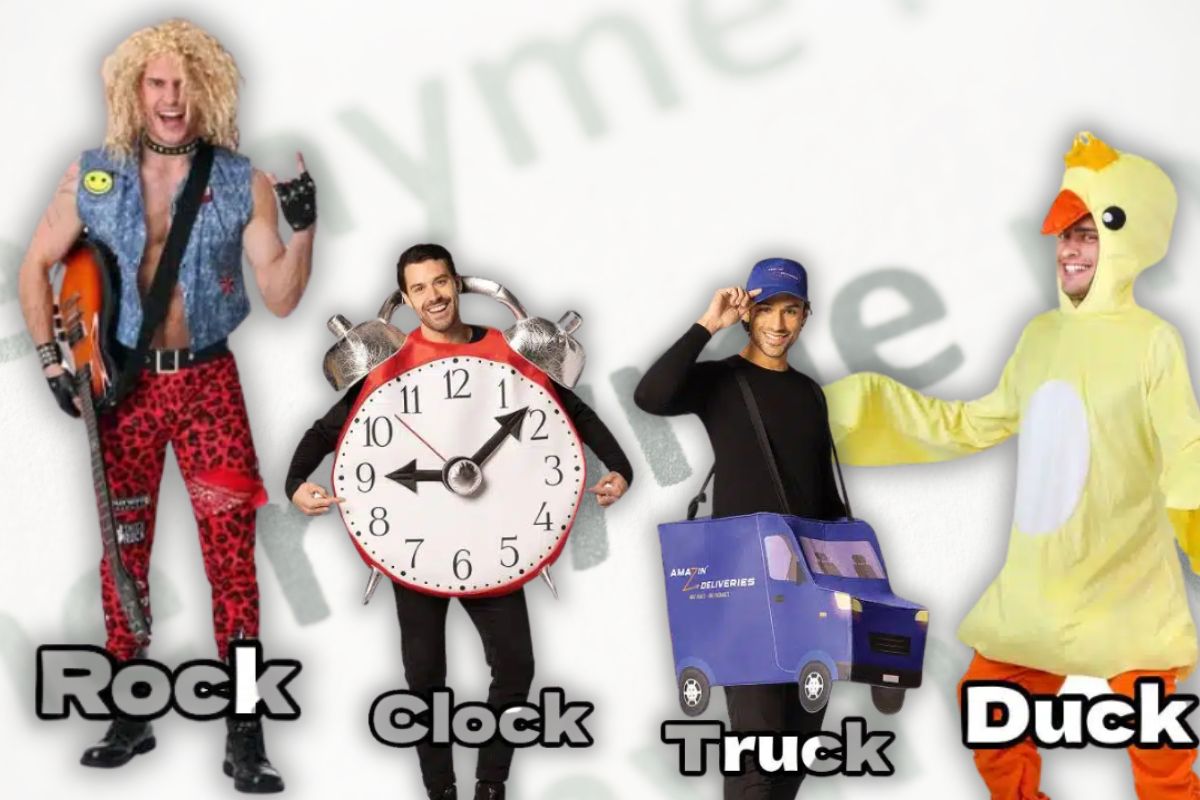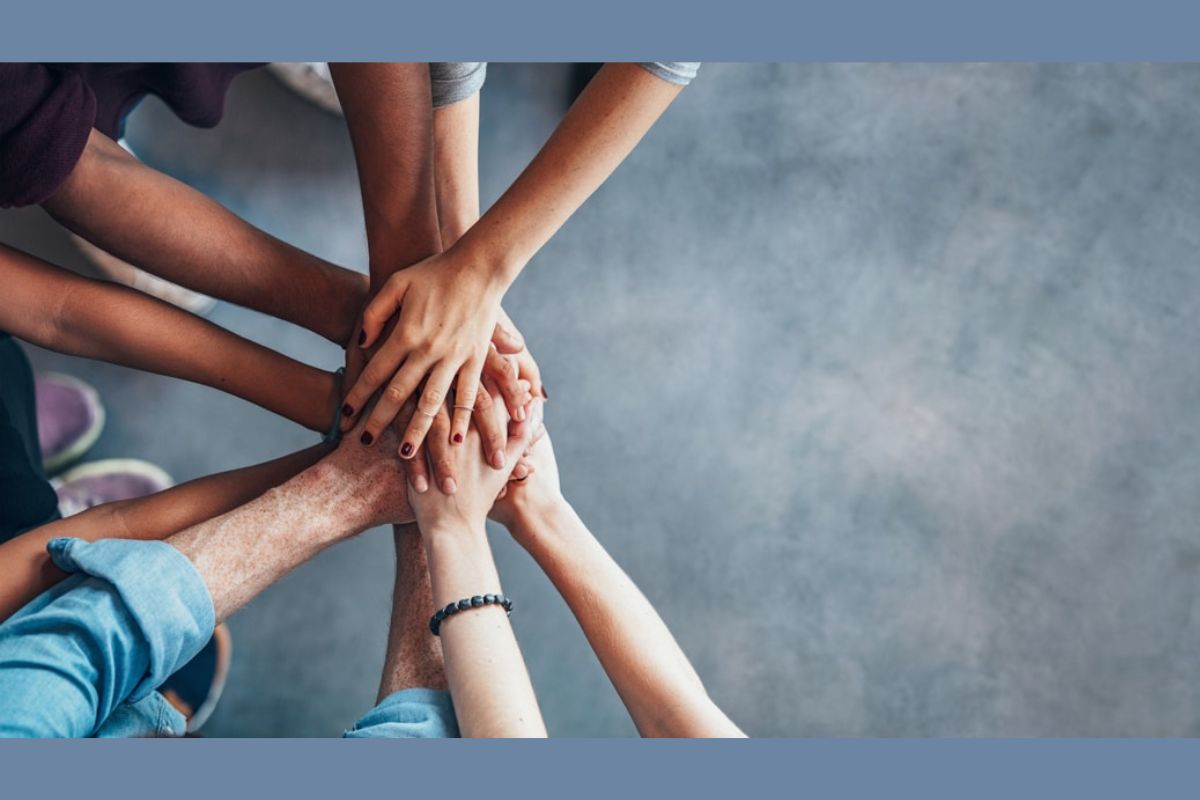In the journey of recovery, whether from mental health challenges, substance use disorders, or other personal struggles, having a strong support system is crucial. For many, peer support is indispensable in fostering resilience and sustained recovery.
Peer support brings together individuals with similar experiences, offering mutual encouragement, understanding, and practical assistance. The Northeast Independent Living Program (NILP) is an excellent resource for peer support.
NILP is a peer-run Independent Living Center that provides advocacy and services to people with all disabilities, including those recovering from mental health or substance use challenges. One place where this form of support truly shines is at a Recovery Learning Center (RLC).
In this article, we will delve into the concept of peer support, its unique benefits, and how Recovery Learning Centers provide a foundation for those on their path to recovery.
Understanding Peer Support
Peer support is a relationship where people who have similar life experiences provide each other with encouragement, hope, and understanding. Unlike traditional support systems that may involve a hierarchical structure with professionals at the top, peer support is based on mutual respect and equality. The premise is simple yet powerful: individuals who have “been there” can offer unique insights and empathy that others, even professionals, might not fully grasp.
Role of Recovery Learning Centers
Recovery foundations are community-based facilities that provide resources, education, and peer support to individuals in recovery. These centers are often staffed and operated by people with lived experience of recovery, which enhances their ability to connect with and support participants. The mission of RLCs is to empower individuals by fostering a sense of community and providing tools to help them achieve their personal recovery goals.
Key Benefits of Peer-Support at Recovery Learning Centers
Here are some benefits of peer support at recovery learning centers:
Empathy and Understanding
One of the most significant benefits of peer support is the deep sense of empathy and understanding that peers can provide. At an RLC, individuals find a community of people who truly understand their struggles and triumphs because they have faced similar challenges. This shared experience fosters a nonjudgmental environment where participants feel safe to express their thoughts and feelings.
Empowerment and Self-Advocacy
Peer support empowers individuals by validating their experiences and encouraging them to actively participate in their recovery. At an RLC, participants learn to advocate for themselves, make informed decisions about their care, and build the confidence needed to navigate the complexities of their recovery journey.
Building Resilience
Recovery is often a non-linear process with ups and downs. peer support helps build resilience by providing consistent encouragement and motivation. Seeing others who have successfully navigated similar challenges can inspire hope and demonstrate that recovery is possible.
Reducing Isolation
Many individuals in recovery experience feelings of isolation and loneliness. RLCs create a sense of belonging and community, helping participants to connect with others and reduce these feelings of isolation. Group activities, workshops, and social events at RLCs provide opportunities for meaningful interactions and friendships.
Practical Advice and Resources
Peers at an RLC can offer practical advice and share resources that have helped them recover. This might include tips for managing stress, strategies for dealing with triggers, or information about local services and support groups. This practical support can be invaluable in helping individuals overcome obstacles in their recovery journey.
Role Models and Mentorship
Recovery Learning Centers often facilitate mentorship programs in which individuals further along in their recovery serve as role models and mentors to those who are newer to the process. These mentors can provide guidance, share their experiences, and offer support in a more structured way, helping mentees set and achieve their recovery goals.
Programs and Activities at Recovery Learning Centers
RLCs offer a variety of programs and activities designed to support different aspects of recovery. These might include:
- Support Groups: Facilitated by peers, these groups provide a space for individuals to share their experiences, offer mutual support, and discuss recovery-related topics.
- Workshops and Classes: Educational workshops and classes on topics such as coping strategies, wellness practices, life skills, and more.
- Creative Arts: Art therapy, music, and other creative activities that promote self-expression and emotional healing.
- Physical Wellness: Exercise classes, yoga, and other activities that support physical health and well-being.
- Peer Coaching: One-on-one sessions with peer coaches who can provide personalized support and guidance.
Conclusion
Peer support at Recovery Learning Centers offers a unique and powerful path for individuals in recovery. RLCs empower individuals to connect with others who understand their journey by fostering a sense of community, empowerment, and resilience.
These benefits extend beyond the individual, contributing to a more inclusive and understanding society. Recovery Learning Centers offer a valuable resource if you or someone you know is seeking support on the path to recovery.
Additionally, the Northeast Independent Living Program (NILP) can provide further support through its services. NILP, a peer-run Independent Living Center, empowers individuals with all disabilities to live independently in the community.
Their services include information and referral, advocacy skills training, peer counseling, transitions, and independent living vocational rehabilitation.
















